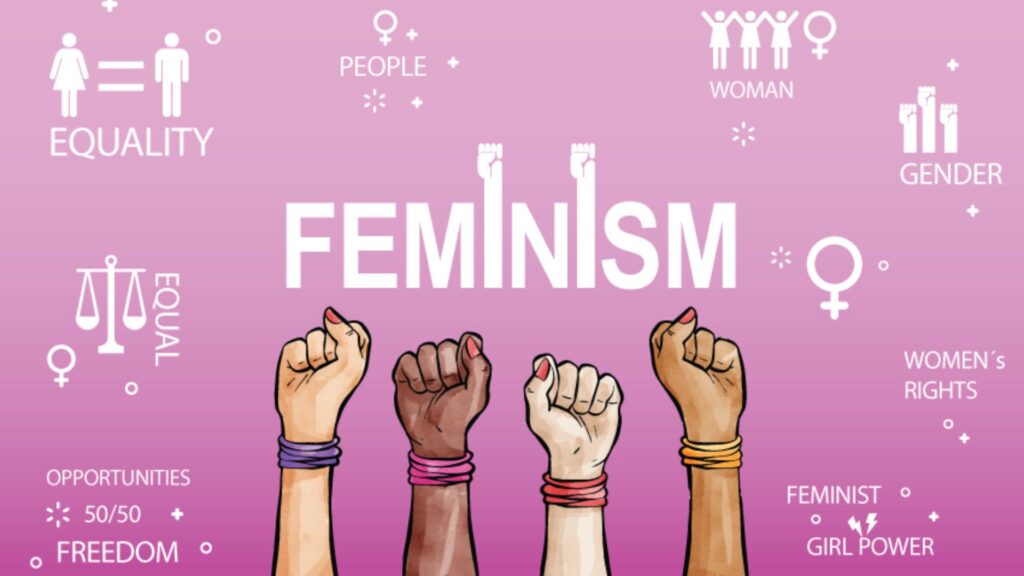Political ideologies are the sets of beliefs and values that guide political systems, parties, and policies around the world. They shape governments, influence laws, and affect how societies function. Understanding the main political ideologies that shape the world today can help us make sense of the current political climate. This article explores the most influential ideologies shaping global politics today.

Liberalism
Liberalism is one of the most dominant political ideologies in the modern world. It advocates for individual freedoms, democracy, and the protection of human rights. Key aspects of liberalism include:
- Free Market: Liberals support a free-market economy where businesses and individuals have the freedom to trade and compete with limited government interference.
- Democratic Institutions: Liberalism places high importance on democratic governance, with systems that allow for free elections, political participation, and rule of law.
- Civil Liberties: Liberals value individual freedoms such as freedom of speech, religion, and the press. Governments are expected to protect these rights.
Countries like the United States, many European nations, and Canada have been shaped by liberal principles. While liberalism promotes individual rights, it also faces criticism for contributing to economic inequality and an over-reliance on markets.
Conservatism
Conservatism is a political ideology focused on preserving traditional values, social stability, and established institutions. Conservatives believe that change should happen gradually rather than through radical reforms. Key elements of conservatism include:
- Social Order: Conservatives emphasize the importance of law and order, family values, and a strong sense of community.
- Limited Government: In economic matters, conservatism often advocates for less government intervention and more personal responsibility.
- Nationalism: Many conservatives focus on national identity, promoting patriotism and policies that prioritize the interests of their country.
Conservatism is a driving force in many countries, particularly in the U.S., the U.K., and parts of Eastern Europe. While conservatism seeks to protect societal norms, critics argue that it can resist necessary social changes and progress.
Socialism
Socialism seeks to reduce inequality by promoting collective ownership of resources and wealth distribution. It advocates for government control of key industries and services, ensuring that essential needs like healthcare and education are accessible to all citizens. Major principles of socialism include:
- Economic Equality: Socialists aim to reduce the wealth gap by redistributing resources and ensuring that everyone has access to basic services.
- Government Ownership: Key industries such as healthcare, education, and transportation are often owned or heavily regulated by the government to ensure fair access.
- Social Welfare: Socialists promote strong social safety nets, such as welfare programs, unemployment benefits, and universal healthcare.
Countries like Sweden, Norway, and Denmark have implemented socialist policies alongside capitalist economies. While socialism has proven successful in reducing poverty and providing healthcare, critics argue that it can lead to government overreach and lower economic incentives.
Nationalism
Nationalism emphasizes the interests, culture, and identity of a specific nation. Nationalists believe that the government should protect national sovereignty and prioritize the well-being of its own citizens above others. Key features of nationalism include:
- Patriotism: Nationalists hold a strong sense of pride in their country and often promote cultural unity and historical identity.
- Sovereignty: Nationalists advocate for policies that limit foreign influence and emphasize self-reliance and independence.
- Anti-Globalism: Nationalists often oppose global institutions and agreements that they believe undermine national autonomy.
Nationalist movements have gained strength in recent years, particularly in countries like the U.S., the U.K. (with Brexit), and India. While nationalism can strengthen national unity, it is also criticized for fostering xenophobia, isolationism, and intolerance.
Conclusion
Political ideologies are essential in shaping the policies and systems that govern nations. From liberalism and conservatism to socialism and environmentalism, each ideology offers a different vision for how society should be structured and governed. While these ideologies often clash, they also help create the diverse political landscape that defines the world today.

